In a striking diplomatic development, the United States has signalled a major leadership shake-up in Haiti’s security mission, preparing to replace Kenya at the helm amid mounting frustration over gang violence and stalled progress.
At a high-level Organization of American States (OAS) meeting, U.S. Deputy Chief of Mission Kimberly J. Penland revealed Washington’s intent to present a Security Council resolution that would not only double the size of the foreign deployment in Haiti, but also strip Kenya of its current command role—transferring leadership to another, yet-to-be-named nation.
The move reflects growing impatience with the status quo and an urgent call for stronger international coordination. Since June 2024, Kenya has courageously led the Multinational Security Support (MSS) Mission in Haiti, sending over 740 seasoned officers.
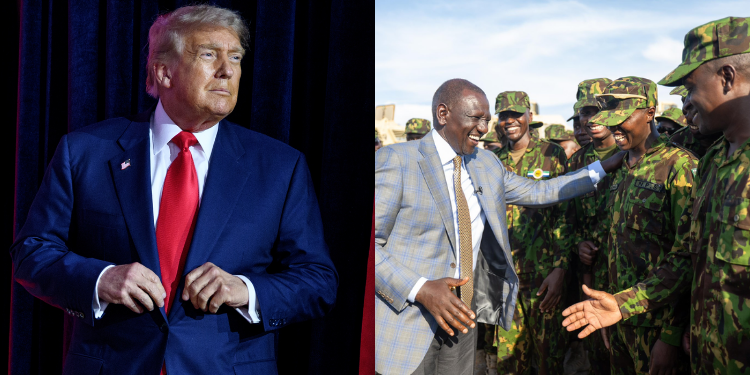
Despite commendations for their dedication, concerns have mounted that the mission has yet to stem the escalating dominance of armed gangs. The replacement plan emerges amid an ambitious U.S. proposal to overhaul the mission entirely.
It includes a sweeping $2.6 billion, three-year roadmap that aims to rebuild Haiti’s battered police force, reform its justice system, and smash transnational criminal networks. This strategy reverses earlier approaches by aligning development funds with direct security objectives.
OAS Secretary-General Albert Ramdin emphasised the need for an Inter-Haiti Recovery Commission underpinned by robust regional participation. The message is clear: no single country can shoulder this crisis alone. A coalition with shared responsibility, he argued, is the only viable path forward.
For Kenya, the implications are profound. The announcement touches on national prestige and geopolitical capital, raising questions about strategic expectations, mission performance, and whether this pivot signals a broader recalibration of U.S.–Africa relations.
As the U.N. Security Council prepares to vote, stakes could not be higher. Will Nairobi be sidelined in favour of a new regional leader—or will diplomacy and mission success secure its continuation at the forefront?

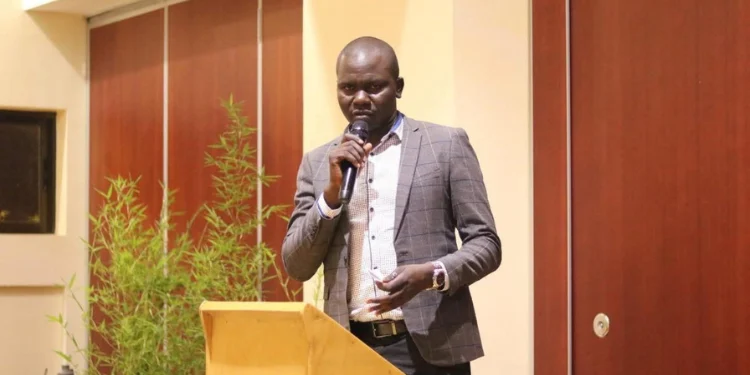

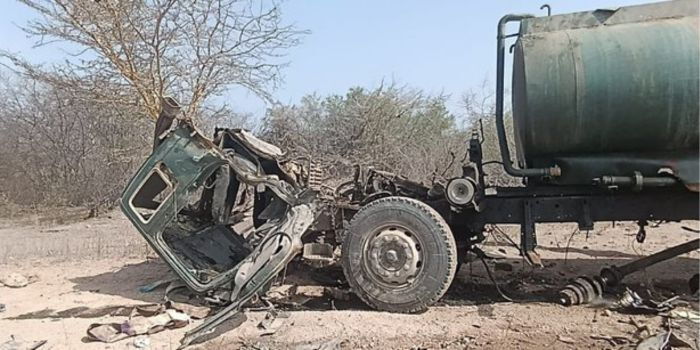
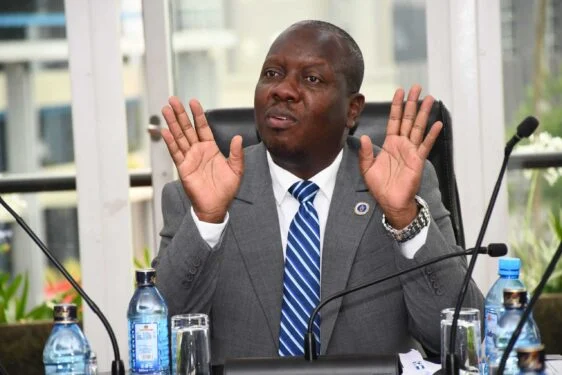

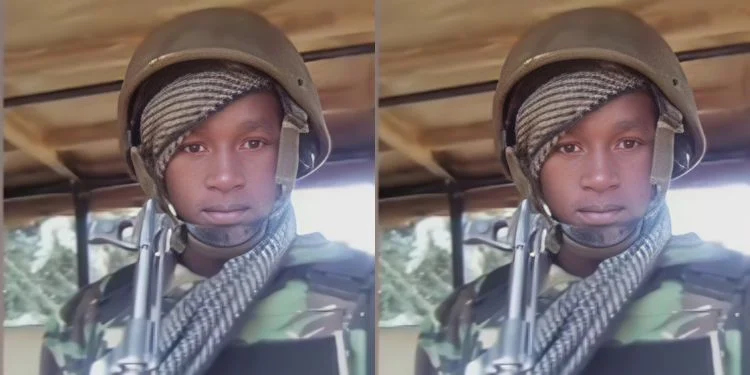
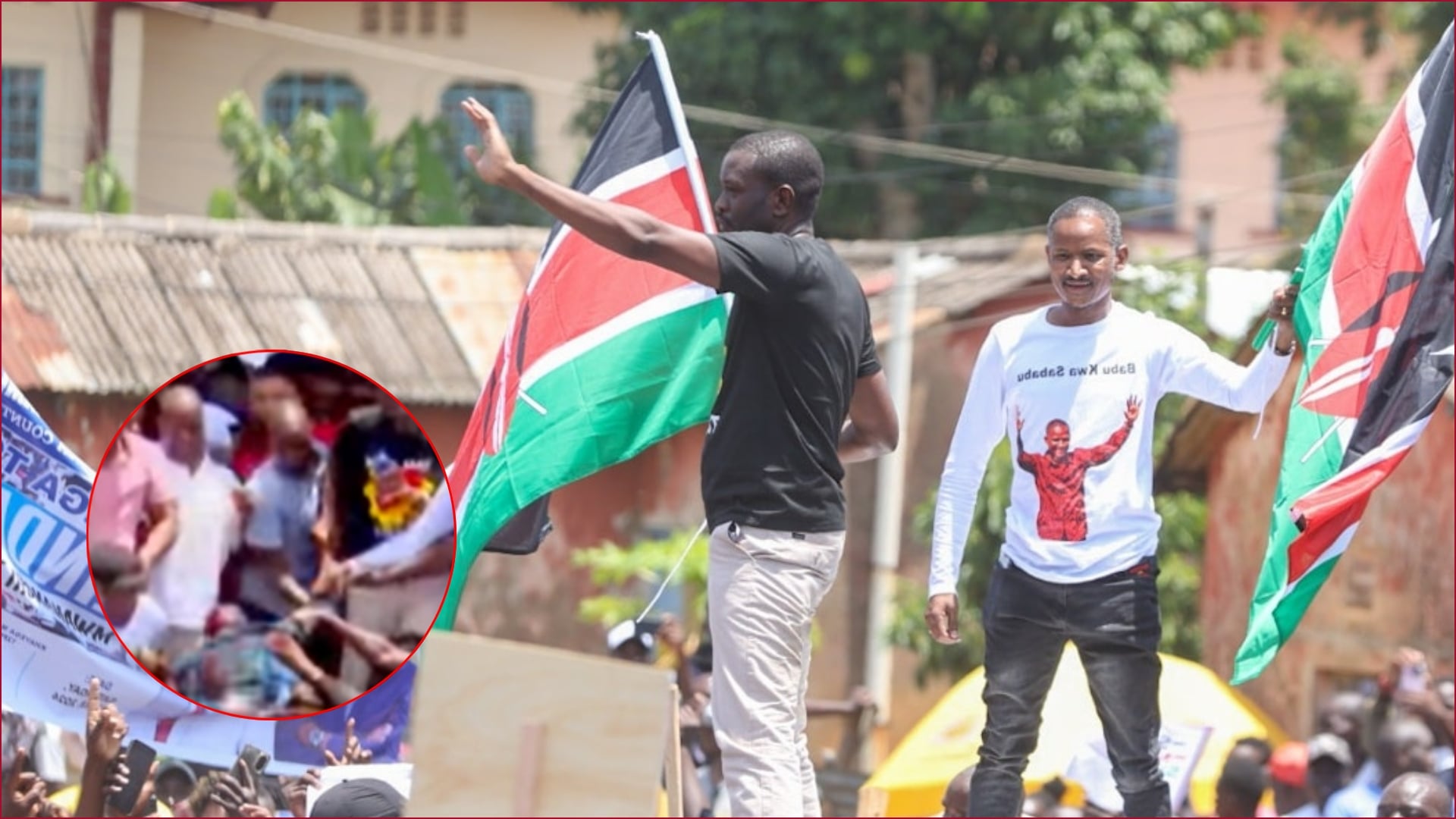

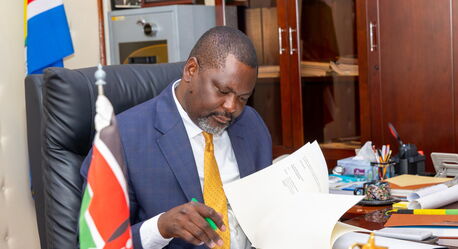

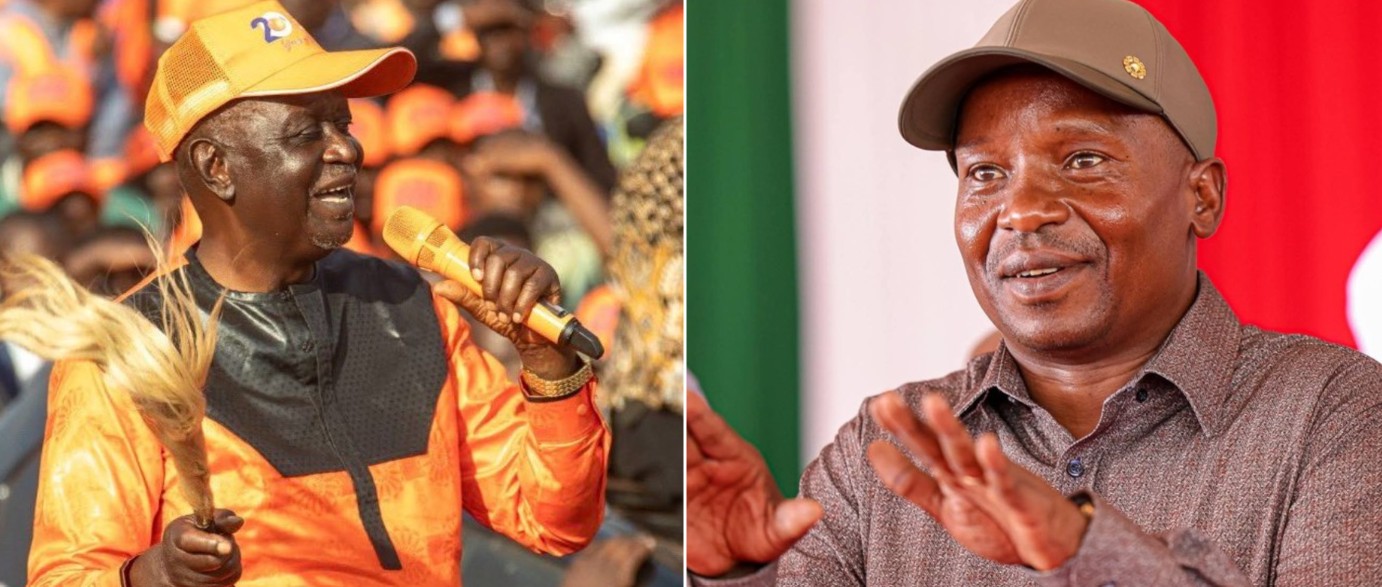
Leave a Reply